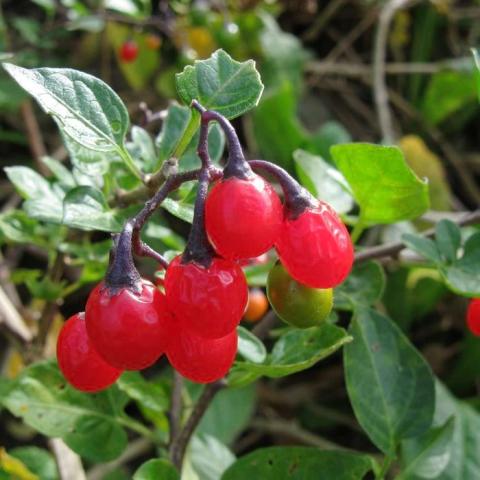Invasive Species ID & Management Webinar

Organised by the Island Nature Trust in collaboration with the PEI Invasive Species Council, with support from Environment and Climate Change Canada and Prince Edward Island
7 March 2024, 18:30 AST
The Invasive Species Council will be sharing information about identifying invasive species throughout their lifecycle. The Invasive Species Council will also be discussing the most effective ways to report locations of invasive species, best management practices for invasive species that occur on PEI, as well as new invasive species and projects that they are working on.
Get your copy of the IPBES Invasive alien species assessment from the IPBES website, the platform's latest report. For an overview of IPBES publications, materials, and projects on invasive alien species, see our dedicated page.
About the organisers
Island Nature Trust
Island Nature Trust is a non-government, not-for-profit organization dedicated to protection and management of Natural Areas on Prince Edward Island (Canada). We acquire lands to be held in trust for future generations, manage these lands as an example of appropriate and sustained use, and help private owners voluntarily protect their lands. We work with government and private landowners to create a true natural areas network on Prince Edward Island, consisting of core protected areas connected by corridors.
PEI Invasive Species Council
The PEI Invasive Species Council (PEIISC) is a non-profit group of individuals and organizations focused on the creation of a framework for the management of invasive species that threaten Prince Edward Island’s environmental, economic and social health.
Photo by Cbaile19 on Wikimedia Commons: Bittersweet nightshade (Solanum dulcamara) is a member of the Solanaceae family. This family is commonly known as the nightshade or potato family and has over 2,500 species; it is native to Europe and Asia, and considered an invasive weed in most American states and Canadian provinces, according to the PEI Invasive Species Council.
